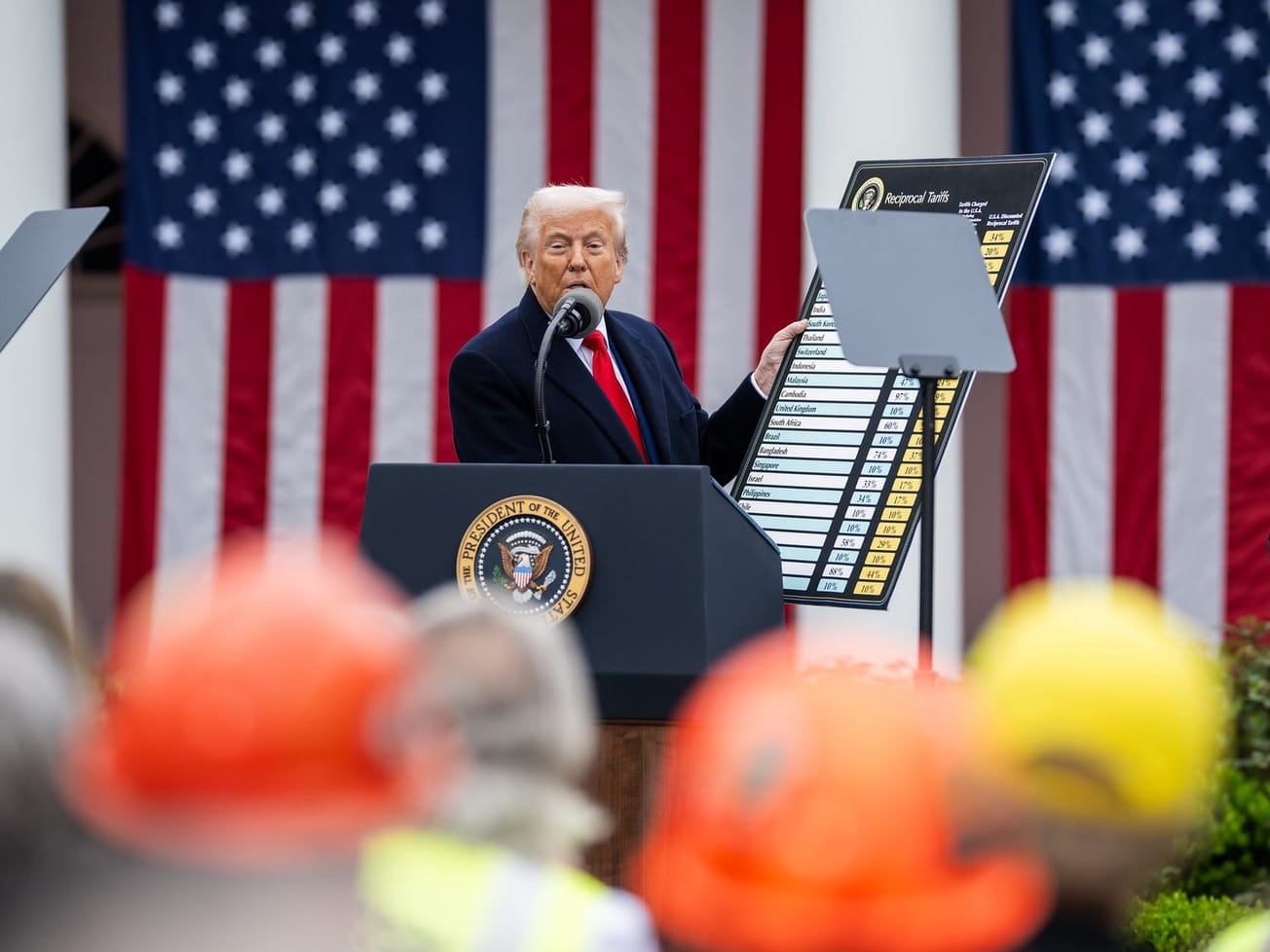Leaders at the Group of 20 summit in Rome on Saturday formally endorsed a new global corporate minimum tax intended to blunt the ability of multinational businesses to reap huge profits in countries where they pay few if any taxes.
The new global minimum tax of 15%, backed by leaders of the world's biggest economies, could help governments find more money for social spending programs.









